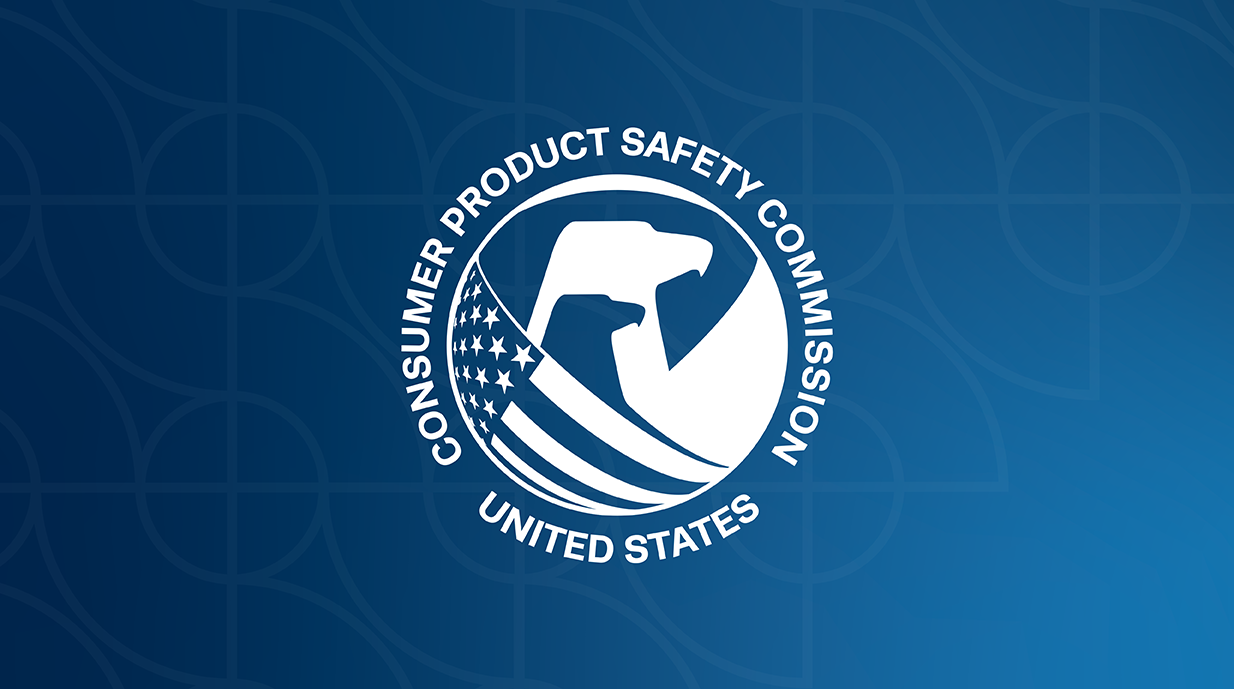I'm not aware that UL 'pulled' any listings. What happened is UL updated the standard and the old technology would no longer get listed to the new standard. There's a ton of stuff sitting around out there that this could apply to, where it was compliant when it was installed but the code and standards have moved on. None of that stuff inherently triggers 'forced replacement'.
Nope. What happened was, Reliance Electric bought FPE and in the due diligence phase, came across a lot of data on suspected field failures resulting in fires and damage. To their credit, Reliance investigated the causes and found deficiencies in changes that had been made to the trip sensing system, but wondered how it had passed UL listing. What they discovered was that FPE had falsified their test records, basically copying the old data before the changes, and submitted them to UL as new tests. Reliance informed UL, who did indeed pull the UL listing of the Stab-lock breaker line. Reliance tried to make a go of what was left of FPE but ended up selling it off at a huge loss, contributing to the eventual demise of Reliance Electric.
But losing their UL listing basically only applied to them not being able to apply UL labels to new product, it doesn’t affect the status of existing, that’s true. So anything in the field with a UL bug on it is technically valid. But if the insurance companies choose to deny covering it, that’s a problem for users. Just not an NEC problem.




